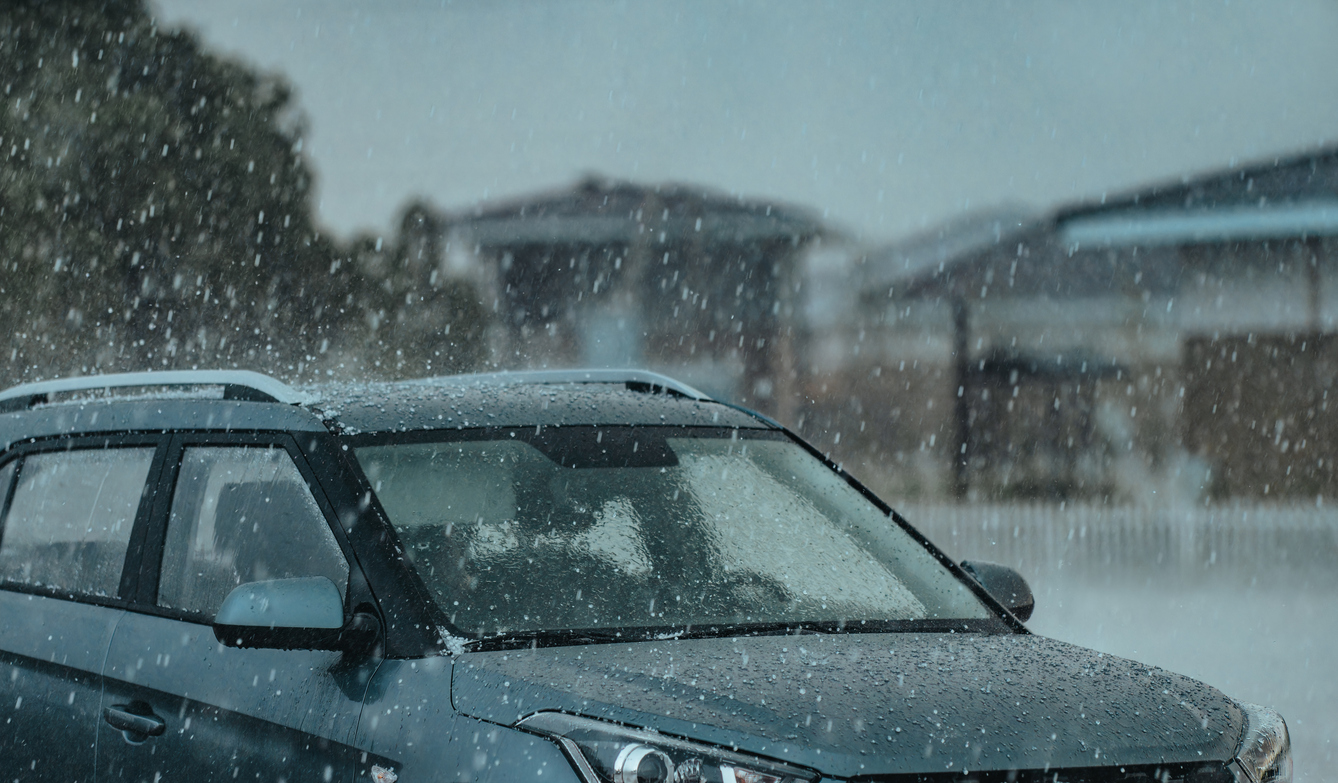In Georgia, weather conditions can significantly impact accident liability, complicating determining fault in a car accident. While adverse weather like rain, fog, snow, and ice can create hazardous driving conditions, they do not absolve drivers from their duty to operate their vehicles safely.
Duty of Care in Adverse Weather
Georgia law requires all drivers to exercise reasonable care when operating their vehicles. This duty of care is heightened during adverse weather conditions, where drivers must take extra precautions to prevent accidents. For example, if it’s raining heavily, a driver should reduce speed, increase following distance, and use headlights to maintain visibility. Failure to adapt to these conditions could be considered negligent, making the driver liable for accidents.
Comparative Fault and Weather-Related Accidents
Georgia follows a modified comparative fault rule, meaning that a driver can recover damages if found to be less than 50% at fault for the accident. In weather-related accidents, all parties’ actions are scrutinized to determine liability. For instance, if one driver failed to adjust their speed for wet road conditions while another was driving recklessly, the court might assign a percentage of fault to both drivers. The damages awarded would then be reduced according to each party’s degree of fault.
Influence of Road Conditions
Weather conditions can exacerbate pre-existing road hazards, such as potholes or insufficient drainage, leading to accidents. In some cases, liability may extend beyond the drivers involved in the accident. For example, if a road is known to flood during heavy rain and the responsible government entity fails to address the issue, they could be held partially liable for accidents that occur as a result. Similarly, if a commercial property owner neglects to clear ice or snow from their parking lot, they could be liable for accidents.
The Role of Insurance in Weather-Related Accidents
Insurance companies often investigate weather-related accidents thoroughly to determine liability. In Georgia, drivers must carry liability insurance, which covers damages to other parties if the insured driver is found at fault. However, insurance companies may dispute claims by arguing that the weather, not the insured driver’s negligence, was the primary cause of the accident. Detailed evidence, such as eyewitness accounts, accident reconstruction reports, and weather data, becomes crucial in establishing liability.
Proving Negligence in Adverse Weather
To establish negligence in a weather-related accident, it must be proven that the at-fault driver failed to take appropriate precautions given the conditions. This proof might include failing to reduce speed on icy roads, not using headlights during fog, or driving too closely to the vehicle in front during heavy rain. Georgia courts will consider whether a reasonable person would have acted differently under the same circumstances. If the answer is yes, the driver may be found negligent.
Defensive Driving and Mitigating Liability
Drivers in Georgia can mitigate their liability by practicing defensive driving, especially during adverse weather conditions. These measures include maintaining a safe speed, keeping a safe distance from other vehicles, and being extra cautious in areas prone to weather-related hazards. While weather conditions can complicate liability determinations, showing that a driver took reasonable steps to prevent an accident can significantly impact the outcome of a personal injury case.
Takeaway
Weather conditions in Georgia, particularly during the rainy season or winter months, play a critical role in determining accident liability. While adverse weather can be a factor in causing accidents, it does not automatically excuse negligent driving behavior. Drivers must adjust their driving to suit the conditions, and failure to do so can result in liability. Let Gautreaux Law assist you with pursuing a personal injury accident claim due to weather-related conditions. Our highly skilled attorneys are dedicated to providing you with excellent representation.



